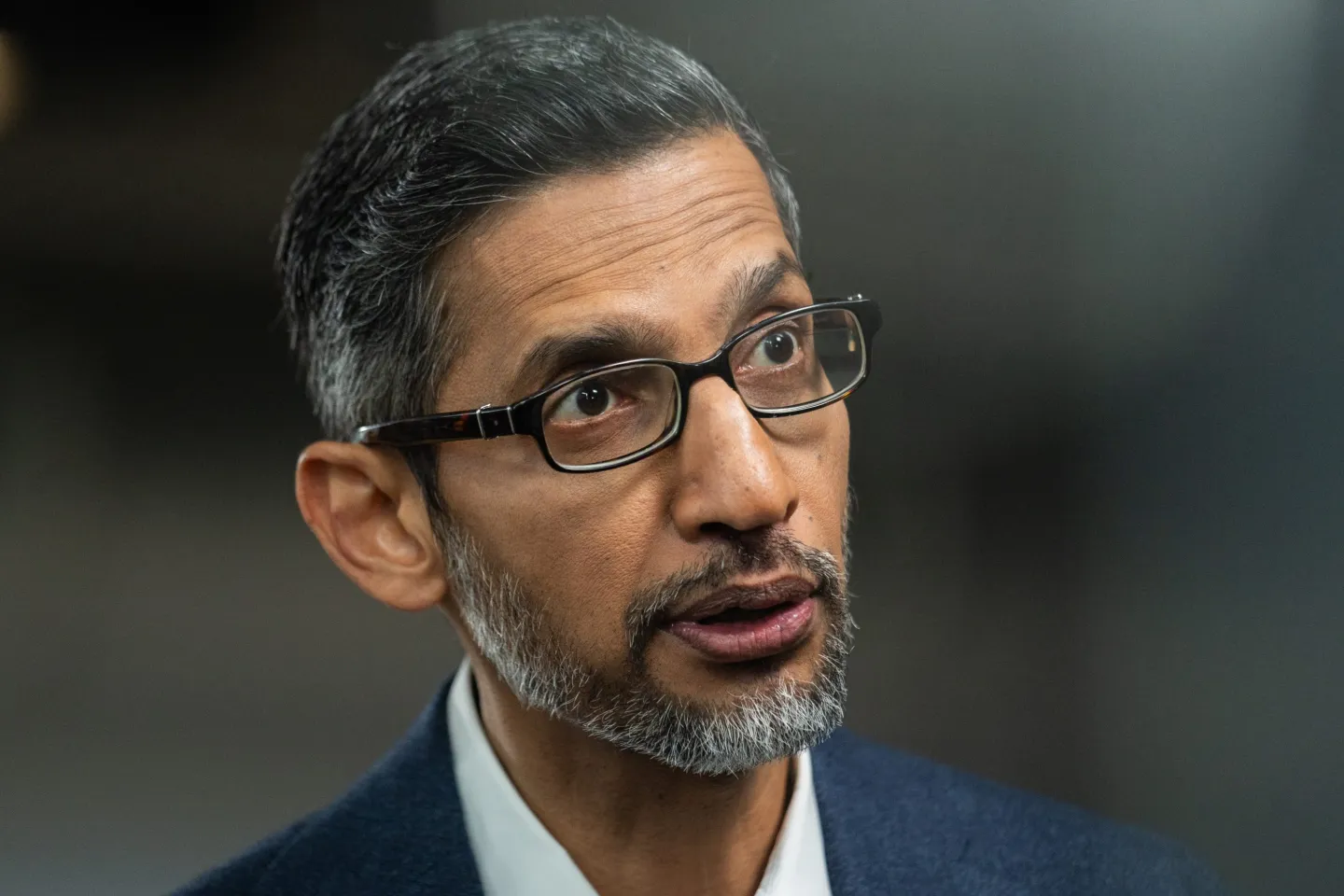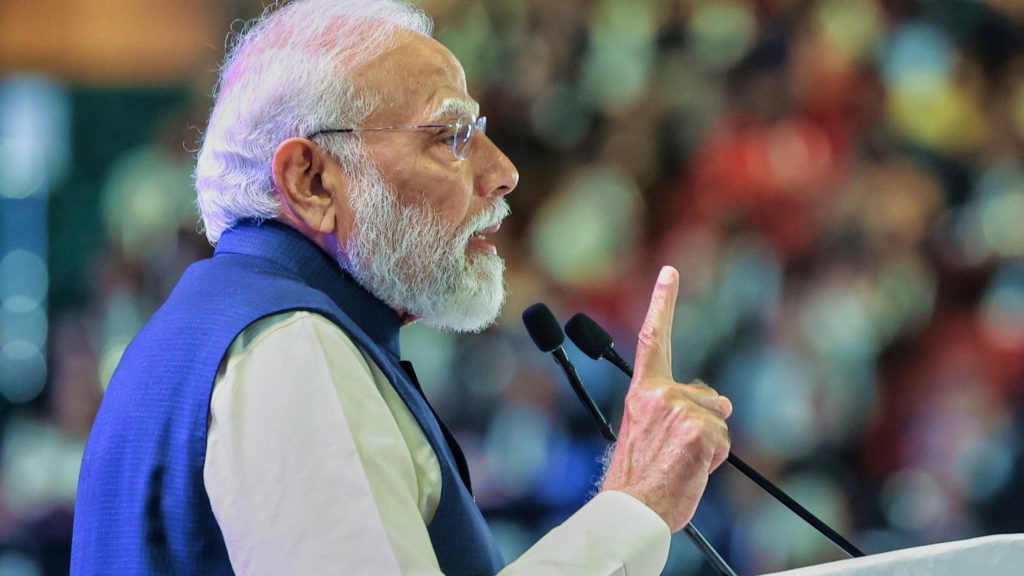How Google Went From Sleeping Giant to Dominant Force in the Global AI Arms Race

For years, Google was regarded as the sleeping giant of artificial intelligence—a company with unmatched research talent, groundbreaking scientific papers, and early leadership in machine learning, yet one that seemed strangely hesitant to dominate the emerging AI revolution. Despite inventing Transformers, pioneering large-scale deep learning, and producing foundational breakthroughs across the field, Google frequently appeared overshadowed by faster, hungrier, and more aggressive players such as OpenAI and Meta.
But that era of dormancy is over.
With the unveiling of Gemini 3, a wave of advanced AI hardware, and the strategic alignment of Google Cloud, DeepMind, and Research into a single unified AI engine, Google is now “fully awake,” as industry analysts and insiders increasingly describe it. And its reawakening is reshaping not only the competitive dynamics of Silicon Valley, but the balance of power in the global AI race.
The shift has triggered a reassessment of corporate AI strategies, investor expectations, and geopolitical calculations. It marks a rare moment in technology when a long-dominant incumbent returns to the forefront with the energy of a startup and the capabilities of a superpower.
From Hesitation to Acceleration: What Triggered Google’s Awakening
Google’s early caution was shaped by legitimate concerns. The company held enormous global influence and faced unique scrutiny regarding safety, ethics, and societal impact. Internally, leaders feared that rushing generative AI to the public could jeopardize user trust or provoke regulation. As a result, Google advanced quietly and deliberately—even as OpenAI, unburdened by the responsibility of operating the world’s most-used platform, charged ahead.
OpenAI’s release of ChatGPT in November 2023 changed everything.
The viral adoption of generative AI—and the swift integration of GPT models into Microsoft’s ecosystem—posed the greatest existential threat Google had faced since the rise of Facebook. If AI became the primary interface for accessing information, Google’s search dominance risked erosion. The company could either defend or transform.
It chose to transform.
What followed was a monumental internal shift: teams were restructured, DeepMind and Google Brain merged, and the company committed unprecedented resources to frontier AI. That restructuring laid the foundation for the breakthroughs that emerged in 2024 and 2025.
Gemini 3: The Moment the Giant Stood Up
Gemini 3 is widely regarded as the clearest evidence that Google is not merely catching up—it is once again leading. Early testers and researchers describe Gemini 3 as the current state of the art, excelling in areas that define next-generation AI:
- multimodal reasoning
- code synthesis
- scientific problem-solving
- long-context intelligence
- real-time decision making
- advanced planning and autonomy
Google’s emphasis on efficiency—achieving more with less compute—also has enormous implications for cost, accessibility, and the economic model of AI development. If Gemini 3 truly delivers superior performance-per-token, it could shift the balance of power in the hardware ecosystem and reduce dependency on expensive GPU clusters.
The launch has restored confidence across the industry and reasserted Google as a primary architect of AI progress—not a follower.
Unified Strategy: Google Cloud + DeepMind + Search + Android
A key reason Google’s awakening matters is that it can deploy advanced AI across the world’s most influential platforms in a way no competitor can match. Unlike its rivals, Google operates:
- the world’s largest mobile OS (Android),
- the most widely-used search engine,
- the third-largest global cloud provider,
- YouTube, with over 2.5 billion users,
- Workspace apps used in nearly every major enterprise,
- and a global hardware ecosystem through Pixel and Nest.
These assets give Google unparalleled leverage. Every improvement to Gemini models can be integrated instantly into products used by billions of people every day.
Google’s new strategy is not just about building an intelligent assistant—it’s about infusing intelligence across the entire digital ecosystem.
This network effect is something no AI lab—not OpenAI, Anthropic, nor Meta—can replicate.
Google’s Advantage: The Deepest AI Research Bench in the World
Even when Google appeared dormant, it retained a fundamental and often underestimated advantage: the world’s largest concentration of top-tier AI researchers. Many of the breakthroughs that underpin modern AI—Transformers, AlphaFold, diffusion models, reinforcement learning architectures—originated within Google’s labs.
Its capacity for scientific contribution has always been unmatched. What changed was leadership’s willingness to deploy these breakthroughs aggressively into real-world products.
Now that hesitation has dissolved, Google is harnessing its research bench with a sense of urgency, ambition, and coordination not seen in over a decade.
Analysts describe the company’s atmosphere as “DeepMind-level creativity with Google-scale deployment”—a combination that could reshape the entire trajectory of frontier AI.
A New Competitive Landscape: Google vs. OpenAI vs. Meta vs. Everyone Else
Google’s awakening shifts the competitive balance in profound ways.
Against OpenAI
Google finally has a model that rivals—and in some cases surpasses—the GPT line. OpenAI must now answer Gemini 3 with equally significant breakthroughs or risk losing momentum at the enterprise and consumer levels.
Against Microsoft
Google’s cloud AI offerings have jumped in capability and attractiveness, with enterprises now exploring multi-model strategies instead of defaulting to GPT or Azure.
Against Meta
While Meta pursues open-source dominance, Google is carving a path toward vertically integrated intelligence—privately controlled but widely deployed.
Against Amazon
AWS now faces stiffer competition as Google Cloud gains credibility in AI-first infrastructure.
The AI race is no longer linear. It is multipolar, dynamic, and fiercely contested.
Global Implications: The U.S.–China AI Balance Shifts Again
Google’s resurgence also affects geopolitical alignment. China’s leading AI models remain behind GPT-4 levels, while Gemini 3 appears to have extended the frontier further. With Google fully mobilized, the U.S. regains acceleration at a moment when global technological supremacy is increasingly framed as a national security issue.
As one European policymaker noted, “Google’s return to peak AI innovation strengthens the entire Western AI ecosystem.”
The “Awake” Era: What Comes Next
Google’s reemergence as an aggressive AI leader raises crucial questions about the next phase of the global AI landscape:
- Will Gemini 4 surpass the capabilities of even the most optimistic benchmarks?
- Will Google redefine the nature of search, mobile interfaces, and digital assistants?
- Can OpenAI respond with a breakthrough that resets the competitive narrative again?
- Will Google’s massive distribution network accelerate AI adoption faster than any rival can match?
What is clear is that the race has entered a new era—one where the world’s largest, most resource-rich technology company is running at full speed.
The sleeping giant is not only awake—it is accelerating, and its acceleration will shape the next decade of artificial intelligence.
The world is no longer waiting for Google.
Google is shifting the world.




















